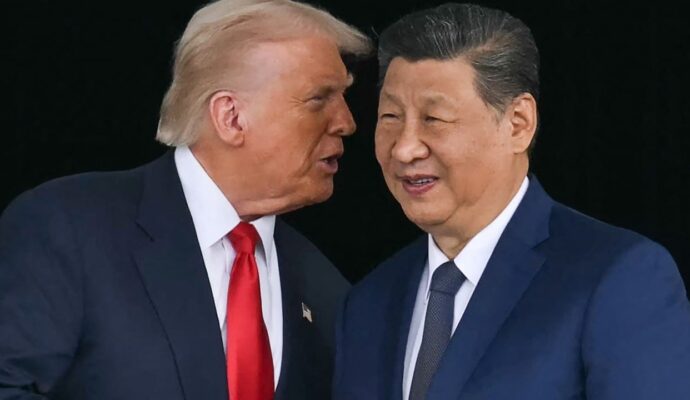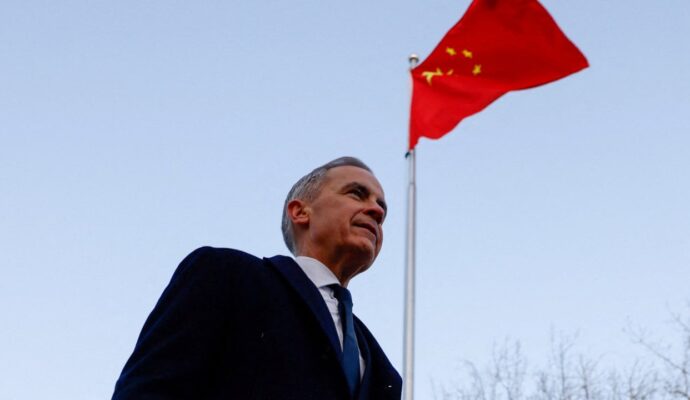The hearing, titled “CCP transnational repression: the Party’s effort to silence and coerce critics overseas”, sought to feature first-hand testimony from alleged victims and generate ideas for legislative action.

Wednesday’s witnesses included Anna Kwok of the Washington-based Hong Kong Democracy Council; Jinrui Zhang, a Georgetown University law student; and Sophie Richardson, a former China director at the New York-based Human Rights Watch.
“I am trapped in this constant fear of being hunted,” she said.
US House panel urges moving China to ‘new tariff column’
US House panel urges moving China to ‘new tariff column’
Human rights groups have accused the Chinese government of supporting incidents of physical and online harassment that they said occurred during the summit, but there has been no definitive evidence tying Beijing to the acts.
The Chinese embassy in Washington has denied involvement.
The witnesses on Wednesday drew a distinction between “formal” and “informal” or more subtle types of transnational repression, a term typically referring to the targeting of diaspora by governments.
“Formal repression is carried out under the orders of the Chinese state by government workers, while informal repression is carried out organically by CCP supporters,” Zhang testified.
The witnesses also spoke of efforts by the Chinese and Hong Kong governments to target their relatives in their absence.
Zhang claimed that “about a dozen” Chinese students also living in Washington have had their family back home similarly targeted in the past year.
Hong Kong Tiananmen vigil group trio was denied fair trial, senior counsel says
Hong Kong Tiananmen vigil group trio was denied fair trial, senior counsel says
They further called for increased outreach from members of Congress to diaspora communities and better training to help law enforcement recognise and handle cases.
Lawmakers also considered several proposals, including one that would revoke the student visas of those who report on their fellow classmates’ activities to foreign governments.
Wednesday’s hearing was the latest in a flurry of congressional activity this week on Beijing’s role in transnational repression.
On Tuesday, New Jersey Republican Chris Smith, chair of the Congressional Executive Commission on China, held a press conference with representatives from the Hong Kong, Uygur, Tibetan and mainland Chinese communities to discuss protesters’ experiences at Apec.
Who were the young faces of Hong Kong’s democracy movement and where are they now?
Who were the young faces of Hong Kong’s democracy movement and where are they now?
On Thursday, both the commission and select committee denounced the new bounties placed on Hong Kong activists, calling for sanctions against the officials involved.


